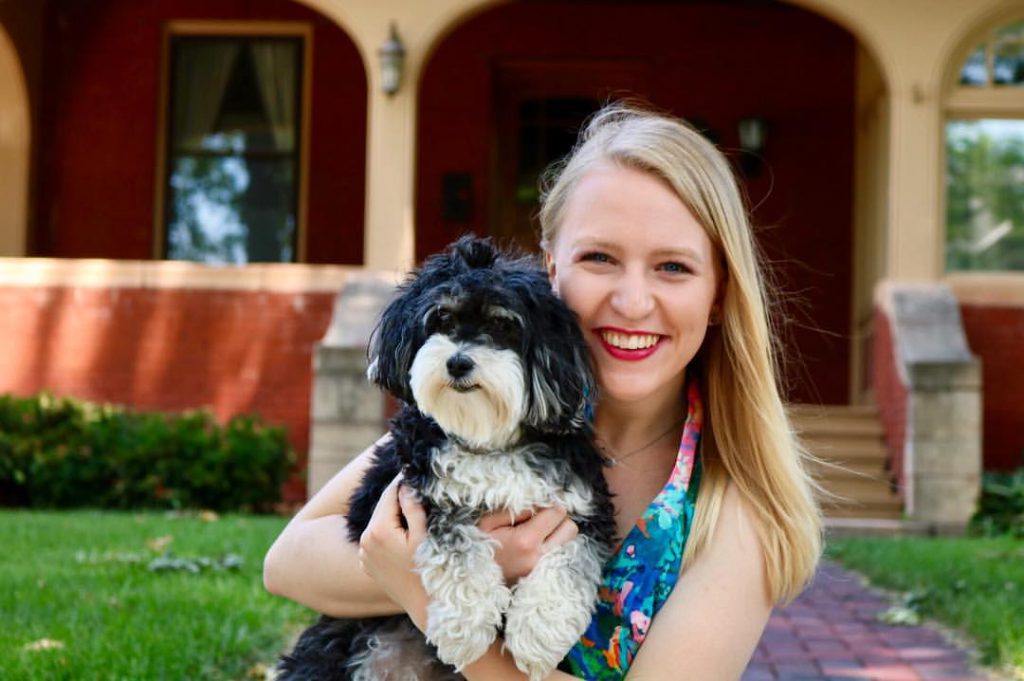 PUBLIC HEALTH IS PART OF TULANE’S DNA. In 1834 the university was founded as the Medical College of Louisiana in response to public health threats plaguing New Orleans, like yellow fever, small pox, and cholera. In 1912 the School of Hygiene and Tropical Medicine was the very first school of its kind in the United States. In myriad ways, public health has had a lasting impact on Tulane University.
PUBLIC HEALTH IS PART OF TULANE’S DNA. In 1834 the university was founded as the Medical College of Louisiana in response to public health threats plaguing New Orleans, like yellow fever, small pox, and cholera. In 1912 the School of Hygiene and Tropical Medicine was the very first school of its kind in the United States. In myriad ways, public health has had a lasting impact on Tulane University.
It’s no different at the undergraduate level. Ten years ago this past May, the university conferred BSPH degrees to its first cohort of undergraduate public health majors. The program has grown from something new and different to a well-established degree option for undergraduates. In fact, it’s become one of the more popular choices at Tulane.
“The BSPH program has seen incredible growth over the past 10 years,” said Dr. Joseph Keating, associate dean for undergraduate education. “The inherent interdisciplinarity of public health, the diverse cadre of graduate and undergraduate faculty teaching in the program, and the program staff have not only strengthened the program, but also attracted students from across the country with a wide array of interests and career goals. The BSPH program is poised to be one of the best in the country, as we continue to add exceptionally motivated students, new courses, and faculty with expertise across multiple disciplines.”

In 2003 the Institute of Medicine (now called the National Academies) called for an increase in undergraduate education in public health. Tulane was an early adopter of this call to action, but we’re not alone. Data from the Association of Schools and Programs of Public Health shows a dramatic increase in the number of undergraduate programs in public health over the past dozen years.
The program has grown and thrived over the decade, with rising enrollments and a strong presence on Tulane’s uptown campus from their first floor offices in Caroline Richardson Hall. Many students find that public health offers just the right fit.
Sara Beth Harrell (BSPH ’16) entered Tulane with a lot of different interests and was having a hard time finding just the right major. “It was when I took Intro to Public Health with Dr. Cropley in the first semester of my sophomore year that I realized public health was the perfect way to combine all of my academic interests. I was struck by how my coursework and class readings addressed issues of equity and social justice through sustainable, community-based solutions. After completing that initial class, I could see a future for myself in public health and decided to stick with it.”
Public health students are active and involved. Two students were recently selected as “Dean Jean” scholars, a recognition for honors students who seek to use enrichment opportunities to answer an important question. Senior Olivia Evans used the Dean Jean scholarship to support travel and fieldwork in the Dominican Republic, where she conducted interviews with volunteers, aid workers, residents, and others to explore how an ethical framework can create best practices for volunteer tourism.
Current student Humzah Khan found that the undergraduate public health program provided great opportunities early on. “I came to Tulane knowing the School of Public Health is committed to facilitating undergraduate research, but I wasn’t expecting to spend a month of my summer after freshman year living in Mexico interning at a parasitology lab. Thanks to Tulane’s public health faculty, I had the opportunity to assist with both lab and field research projects related to Chagas disease at a leading Mexican research institution,” he said.

Post-graduation, these students are making their mark as well. A sizeable number continue on through Tulane’s combined degree opportunity, while others pursue advanced degrees elsewhere. The majority, however, find employment near and far.
Andy Devries is a 2016 BSPH graduate who now works for a Chicago health tech company called Livongo. Devries is member support specialist, which means he helps clients using the company’s blood glucose monitors live happier, healthier lives. “I definitely feel that my degree was helpful all along the way,” he says.
The degree is versatile, too. Katie Lentz (BSPH ’16) used her public health degree to land a job with Major League Baseball. This position built on her undergraduate internships with Tulane Athletics and the New Orleans Baby Cakes minor league team in New Orleans.
Undergraduate public health is definitely here to stay. Students love the program, and the opportunities on and off campus are always expanding.
— Dee Boling
